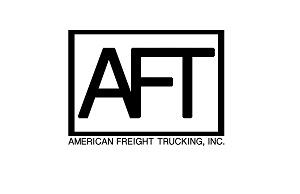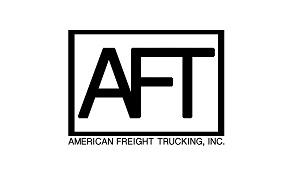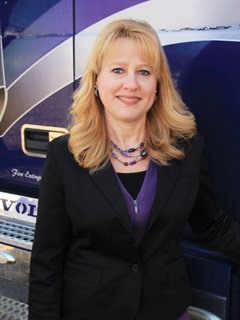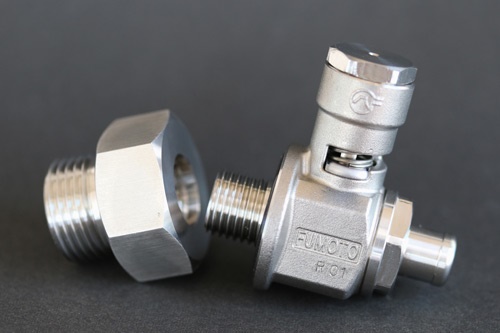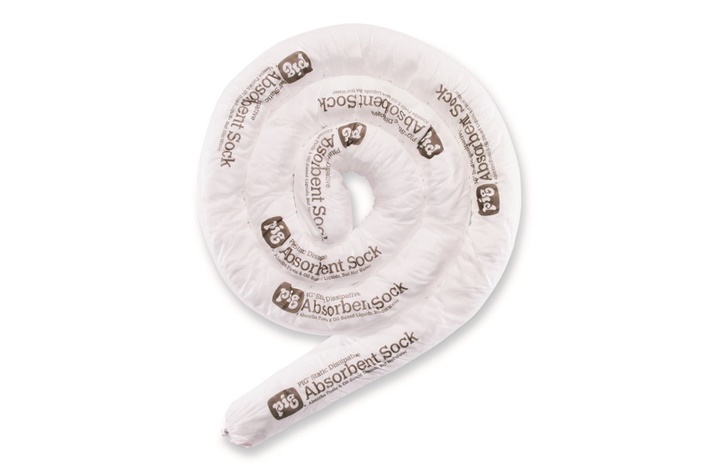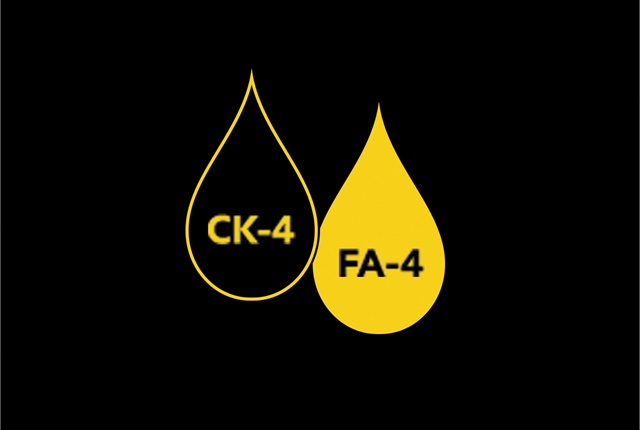
What is PC-11?PC-11 (Proposed Category 11) is a new API specification taking effect on December 1, 2016, that will create two distinct lubricant categories: CK-4 and FA-4.
CK-4: CK-4 replaces CJ-4 and current engine oil standards.
FA-4 represents low-viscosity engine oils intended for modern and future engines.
Why PC-11?Compared to current CJ-4 formulations, both CK-4 and FA-4 oils will help:
Reduce carbon dioxide and greenhouse gas emissions;Maintain engine durability while improving oxidation resistance, shear stability and aeration control.
CompatibilityCK-4 oils - will be available in XXW-40 and XXW-30 viscosities and will be suitable for new and old on-highway engines.
FA-4 oils - will have more limitations on backwards compatibility than their CK-4 counterparts. However, fleets with engines that fall within the “backwards” compatibility set by OEM may be able to use FA-4 oil across the entire fleet.
OEM RequirementsFleets operating newer trucks with advanced engines should consult their OEMs for recommendations on using both CK-4 and FA-4 formulations. While some OEMs may factory-fill newer engines with FA-4 oils, they may not require fleet managers to fill with FA-4 oils, therefore working closely with OEMs will be important as you select the right product for your engines.
Considerations for Converting to PC-11 Compliant OilsThe PC-11 change will not affect every business the same way. Whether businesses choose to use CK-4 or FA-4 oils, they should reach out to their lubricant suppliers and original equipment manufacturers (OEMs) to ensure the best results.
When considering lubricant options, it's helpful to note how leading fleets like Schneider, Pride Transport, H&W Trucking and DOT Transport, have had success using low-viscosity oils preceding the upcoming diesel engine oil category. In fact, these and other industry leaders rely on low-viscosity oils to help reach their sustainability and money-saving goals. The advanced specifications of PC-11 can help build upon these improvements.
Follow

